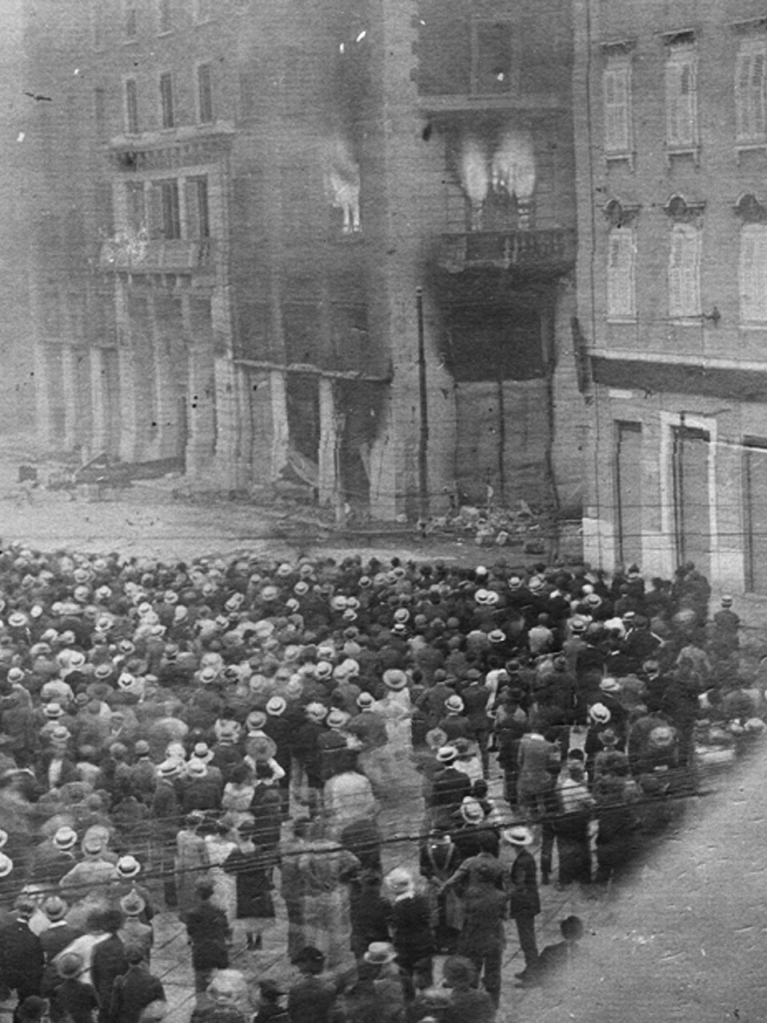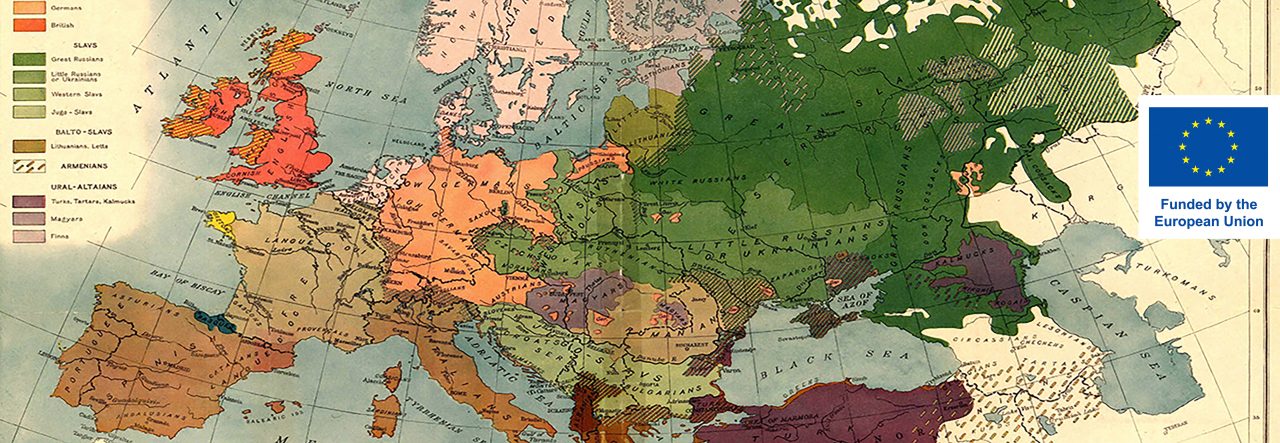Conversations about majority-minority relations in interwar Europe
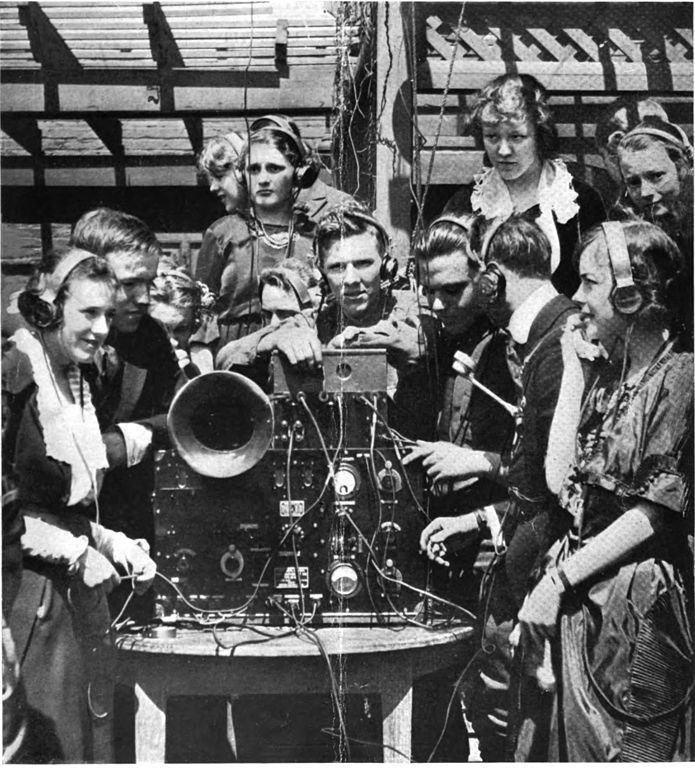
Aiming to disseminate findings from our research project to the widest possible audience, this series of podcasts offers a mix of case-study discussion, updates on our work in progress, curious things we encountered during our research and wanted to dig in deeper and some behind the scene information about the work of historians. Feel free to tell us what you think in the comment section at the bottom of the page.
Episode 5 – Enthusiasm and Disenchantment. Western minority representatives and the Congress of European Nationalities in interwar Europe
NGO activism for minority rights in interwar Europe was mostly a story of enthusiasm and disenchantment. In this fifth episode, Alessandro and Emmanuel draw the main lines of this trajectory from hope to disillusion following the contributions of three minority activists (Joan Estelrich, Josip Wilfan and Ewald Ammende) to the Congress of European Nationalities, the most important private organisation campaigning for minority protection at the time. While the Congress of European Nationalities is usually depicted as a body exclusively concerned with the plight of eastern European minorities, the stories of Estelrich and Wilfan suggest that majority-minority conflicts cast a much broader shadow on the European continent.
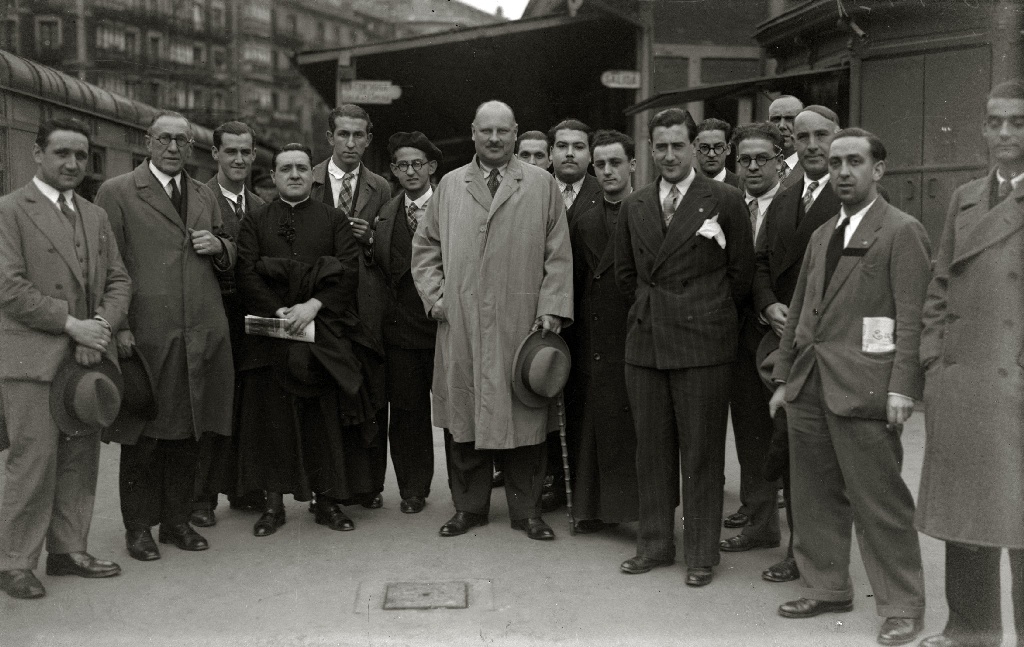
Episode 4 – Of Independence and Pandemics. The Catalan self-determination movement and the coronavirus outbreak in historical perspective (1918-2020)
A century after the Catalan campaign for autonomy of 1918-1919 and the global epidemic of ‘Spanish flu’, in this fourth episode, Emmanuel and Alessandro address the remarkable similarity between these two historical events and current demands for Catalan independence, on the one hand, and the Covid-19 pandemic on the other. Drawing on Emmanuel’s recent trip to some Spanish archives, they also discuss the difficulties involved in doing archival research in the age of coronavirus.
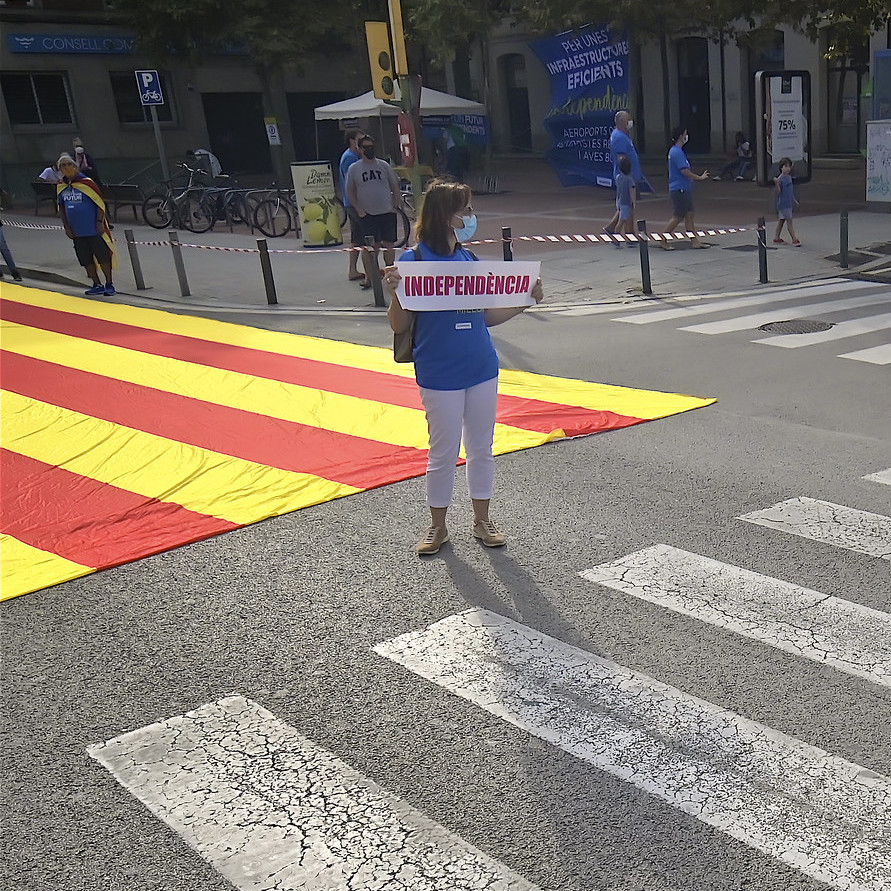
Episode 3 – Reflections on our Workshop “Sovereignty, Nationalism and Homogeneity”
In our third podcast episode, Emmanuel and Mona reflect on a workshop that the project team organized at the Graduate Institute Geneva at the end of February 2020, entitled “Sovereignty, Nationalism and Homogeneity in Europe Between the Two World Wars”.
The 2-day workshop brought together scholars from all over the world who presented their current research on questions of minority and nationalism studies. We highly enjoyed the presentations and discussions and would like to thank everyone for their participation!
Please find a post about the workshop here:
https://themythofhomogeneity.org/2020/03/09/minority-questions-as-complex-objects-of-enquiry/
This post includes the link to the recording of the public lecture by Eric Weitz on his recent book “A World Divided: The Global Struggle for Human Rights in the Age of Nation-States”;
as well as the recording of Emmanuel and Mona’s presentation during the workshop, entitled “Sovereignty and Homogeneity: A History of Majority-Minority Relations in Interwar Western Europe”.
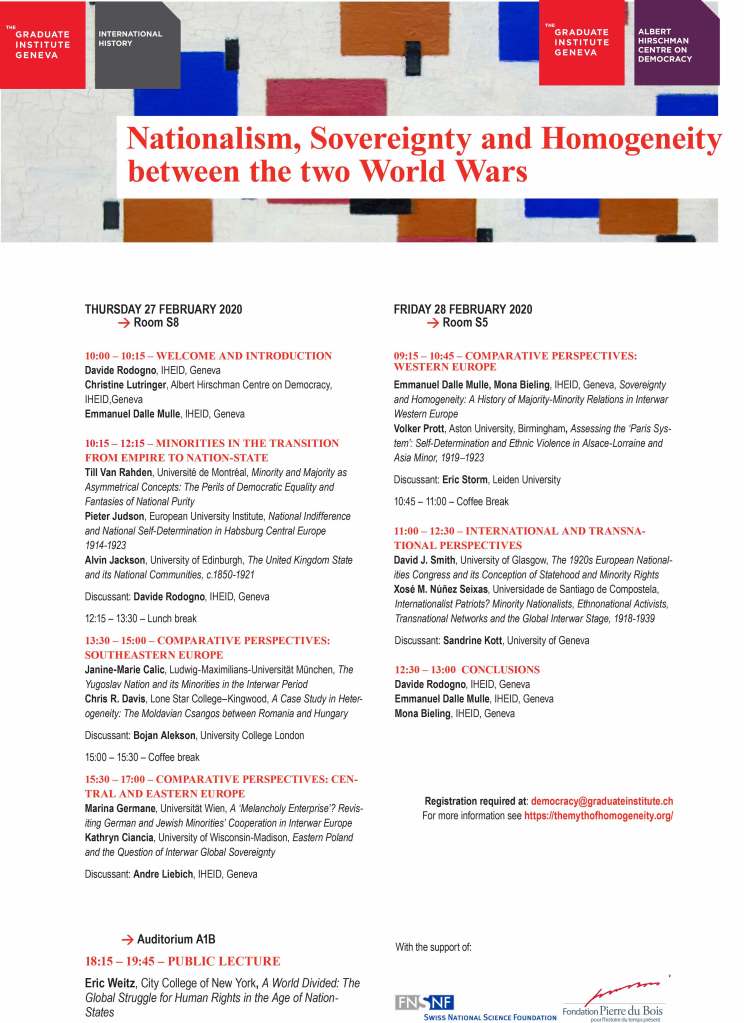
Episode 2 – German-German Encounters in Belgium. An exploration of identities across national borders
The second episode of our series discusses several questions related to national and cultural identity in the context of the German-speaking community in Belgium. The region of Eupen-Malmedy plays an important role in our research project, in which we are exploring the dynamics between the German minority in that region and the Belgian state, as well its German neighbor. During a research trip to the area, Mona interviewed the director of the local museum (Museum Zwischen Venn und Schneifel: https://www.zvs.be/museum/) to explore more contemporary dimensions of these questions.
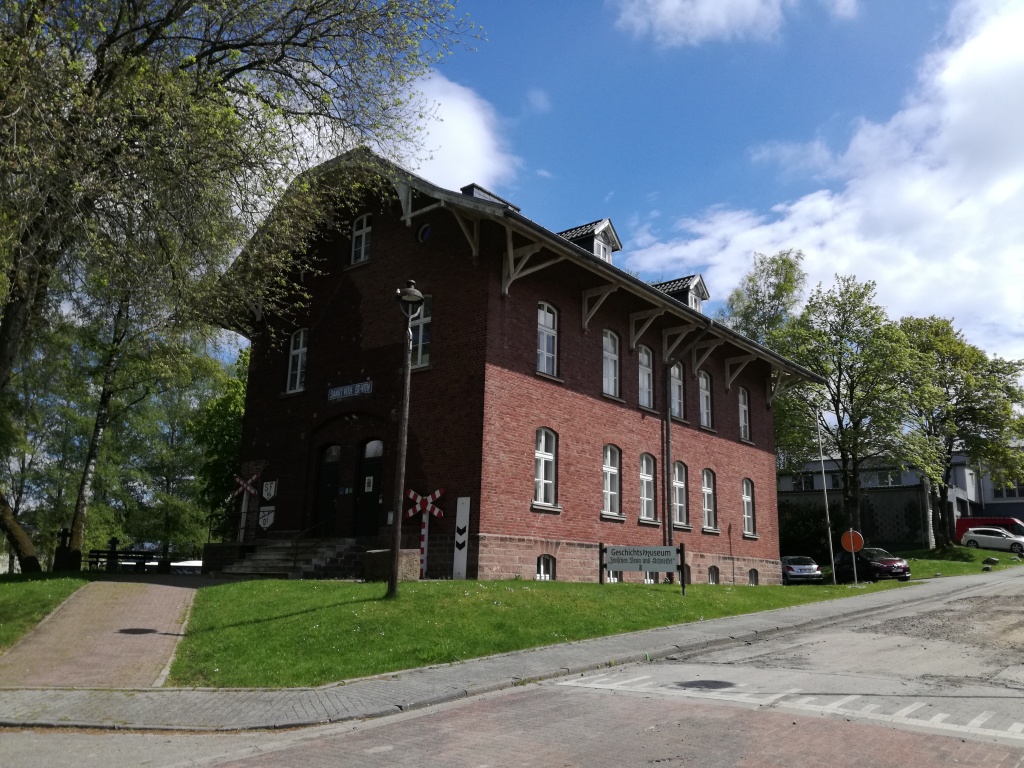
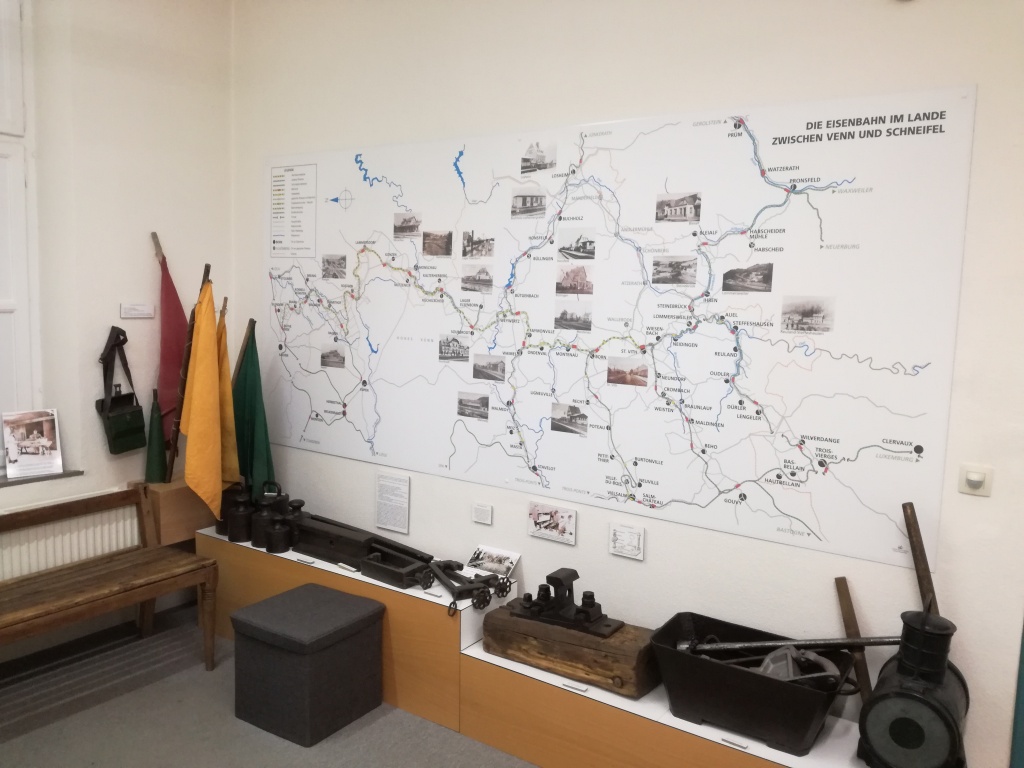
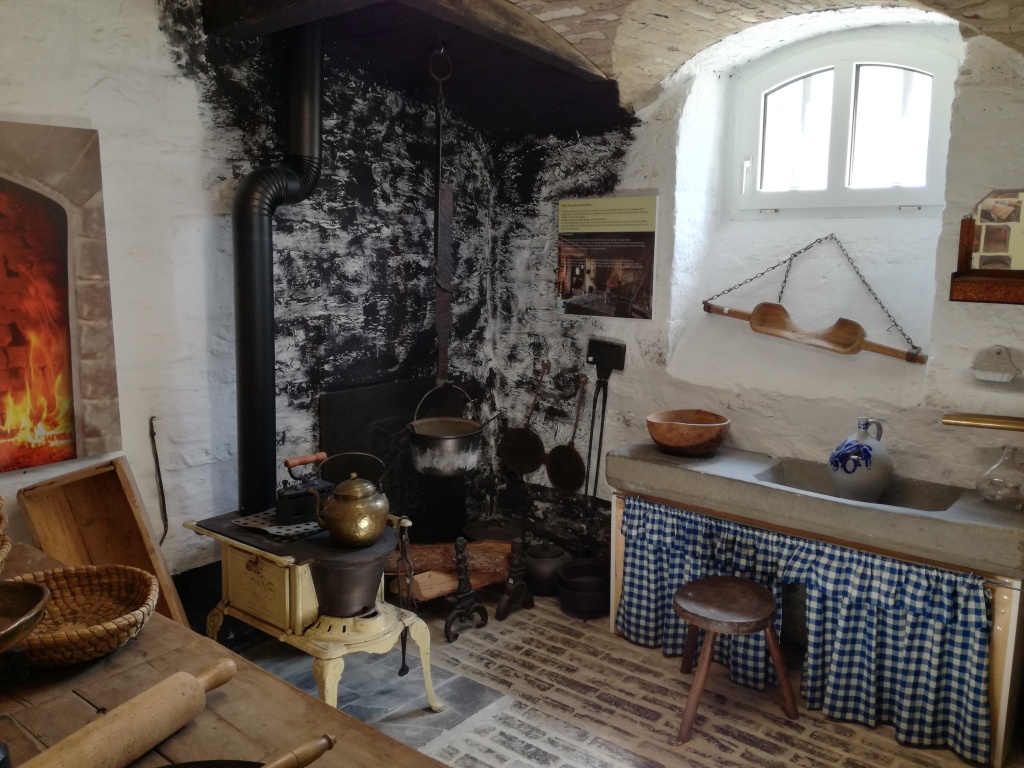
Episode 1 – The Ambiguities of Assimilation: Minority-Majority Relations in Italy under Fascism
The first episode is based on a talk given by Emmanuel at the Graduate Institute in March 2019. Here, he and Mona discuss the policies of assimilation carried out by Mussolini’s regime against the German and Yugoslav minorities that inhabited the Italian regions of South Tyrol and Venetia Giulia at the time. The episode shows how the fascists’ approach to assimilation was flawed by two structural weaknesses: on the one hand, the regime did not realise that its expectations were too optimistic given the capabilities it had to realise them; on the other, fascist authorities believed that the minorities could not but assimilate and become truly Italian, however, at the same time, they deeply distrusted them.
